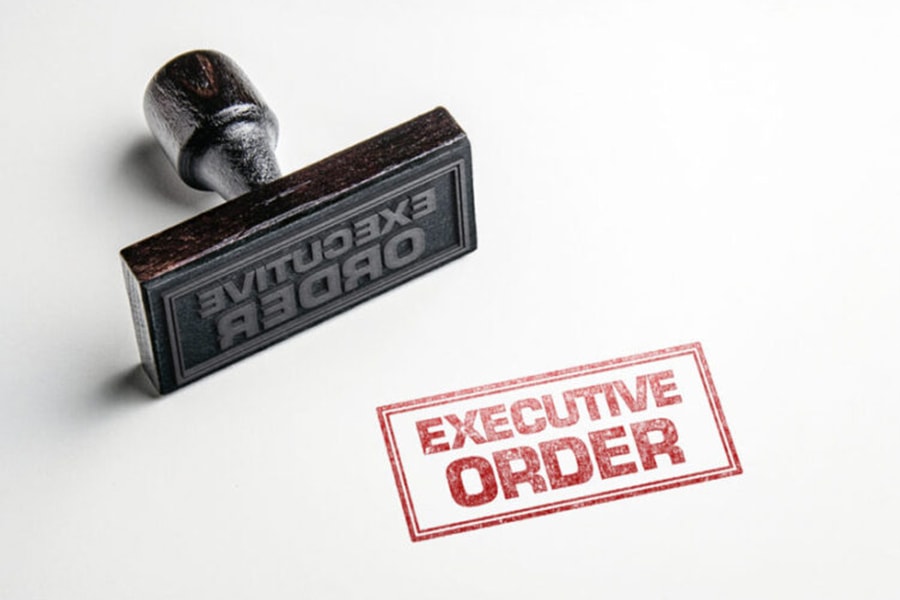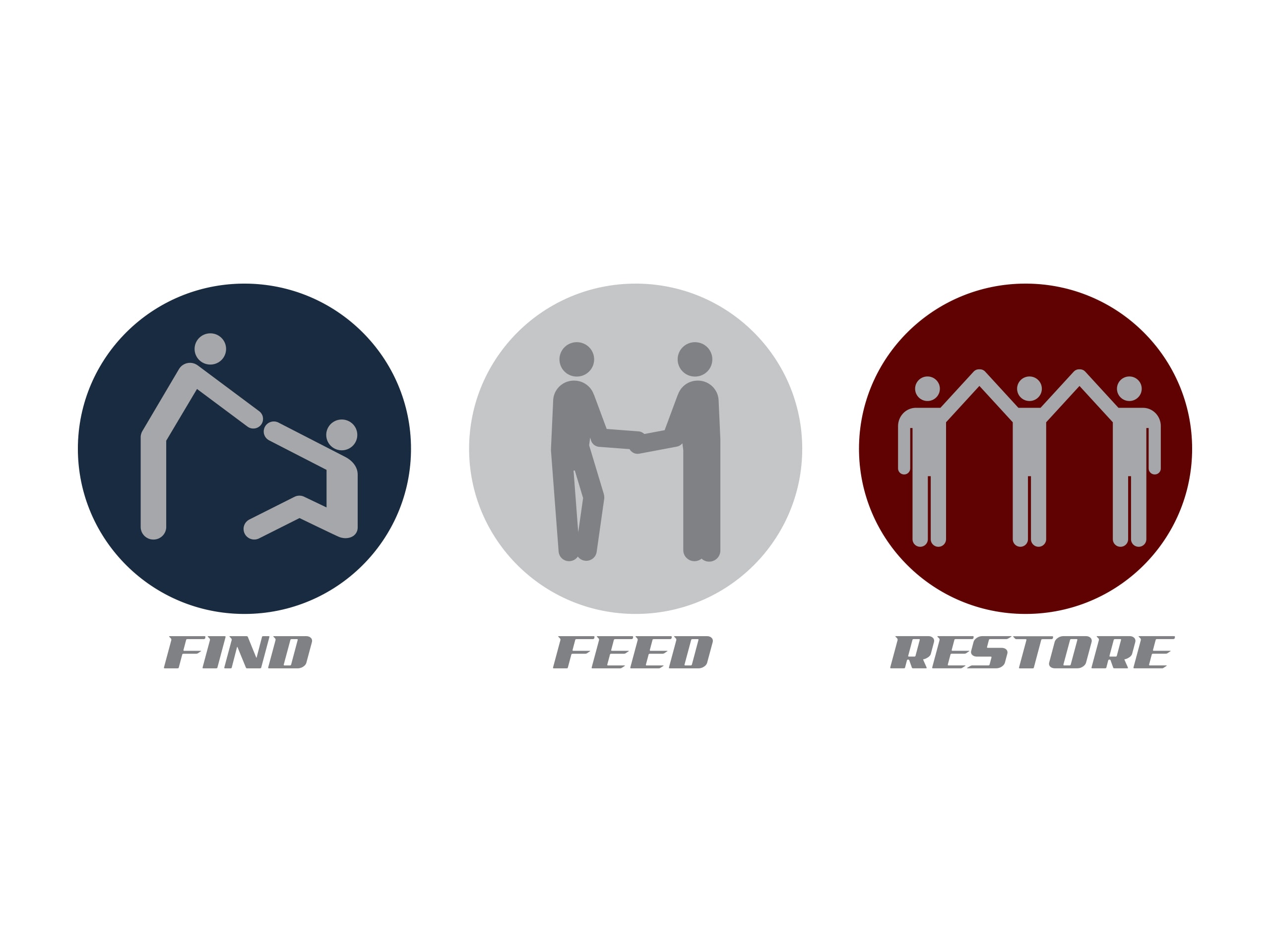Are You Ready for the Approaching Tax Extension Deadlines?
The tax extension deadlines are approaching. The Corporate tax deadline this year is September 17th and individuals are due October 15th. What happens when you do not file or pay your taxes on time? Of course, the IRS may charge you interest and penalty fees for late filing and payments. A failure-to-file penalty may apply if you did not file by the tax filing deadline and a failure-to-pay penalty may apply if you did not pay all of the taxes you owe by the tax filing deadline. The failure-to-file penalty is generally more than the failure-to-pay penalty.
Interest
Interest accrues on any unpaid tax from the due date of the return until the date of payment in full. The interest rate is determined quarterly and is the federal short-term rate plus 3 percent. Interest compounds daily.
Late Payment Penalty
In addition, if you file a return but do not pay all the tax owed on time, you may have to pay a late payment penalty. The failure-to-pay penalty is one-half of one percent for each month, or part of a month, up to a maximum of 25%, of the amount of tax that remains unpaid from the due date of the return until the tax is paid in full. The one-half of one percent rate increases to one percent if the tax remains unpaid 10 days after the IRS issues a notice of intent to levy property. If you file your return by its due date and request an installment agreement, the one-half of one percent rate decreases to one-quarter of one percent for any month in which an installment agreement is in effect. The IRS applies payments to the tax first, then any penalty, then to interest. Also, any penalty amount that appears on your bill is generally the total amount of the penalty up to the date of the notice, not the penalty amount charged each month.
Failure-to-file Penalty
If you owe tax and do not file on time, there is also a penalty for not filing on time. The failure-to-file penalty is usually five percent of the tax owed for each month, or part of a month that your return is late, up to a maximum of 25%. If your return is over 60 days late, there is also a minimum penalty for late filing; it’s the lesser of $210 or 100 percent of the tax owed.
Timely Requested An Extension Of Time
If you timely requested an extension of time to file your individual income tax return and paid at least 90 percent of the taxes you owe with your request, you may not face a failure-to-pay penalty. However, you must pay any remaining balance by the extended due date.
File Your Tax Return On Time Each Year
You should file your tax return on time each year, even if you are not able to pay all the taxes you owe by the due date. You can reduce additional interest and penalties by paying as much as you can with your tax return. You should explore other payment options such as getting a loan or making an installment agreement to make payments. The IRS will work with you.
Penalty Relief
The IRS may abate your penalties for filing and paying late if you can show reasonable cause and that the failure was not due to willful neglect. Making a good faith payment as soon as you can may help to establish that your initial failure to pay timely was due to reasonable cause and not willful neglect. The IRS does not abate interest. Interest is charged by law and will continue until your account is fully paid. If any of your penalties are reduced, they will automatically reduce the related interest.
The following types of penalty relief are offered by the IRS:
Reasonable Cause
This is based on all the facts and circumstances in your situation. The IRS will consider any reason which establishes that you used all ordinary business care and prudence to meet your Federal tax obligations but were nevertheless unable to do so. Sound reasons, if established, include:
- Fire, casualty, natural disaster or other disturbances
- Inability to obtain records
- Death, serious illness, incapacitation or unavoidable absence of the taxpayer or a member of the taxpayer’s immediate family
- Other reason which establishes that you used all ordinary business care and prudence to meet your Federal tax obligations but were nevertheless unable to do so
The IRS does not consider lack of funds as reasonable cause for failure to file or pay on time. However, the reasons for the lack of funds may meet reasonable cause criteria for the failure-to-pay penalty.
Administrative Waiver and First Time Penalty Abatement
The IRS may provide administrative relief from a penalty that would otherwise be applicable under its First Time Penalty Abatement policy. You may qualify for administrative relief from penalties for failing to file a tax return, pay on time, and/or to deposit taxes when due under the First Time Penalty Abatement policy if the following are true:
- You did not previously have to file a return or you have no penalties for the 3 tax years prior to the tax year in which you received a penalty.
- You filed all currently required returns or filed an extension of time to file.
- You have paid, or arranged to pay, any tax due.
Other administrative relief: If you received incorrect oral advice from the IRS, you may qualify for administrative relief.
Statutory Exception
If you received incorrect written advice from the IRS, you may qualify for a statutory exception.
I often find that once you get behind you will find it very hard to get caught up and fear the outcome. As hard as it may seem it is best to face the situation and take it one step at time. The worse thing to do is wait until the IRS comes after you. After all, they were able to pin charges against Al Capone.
https://www.irs.gov/taxtopics/
https://www.irs.gov/newsroom/
https://www.irs.gov/









